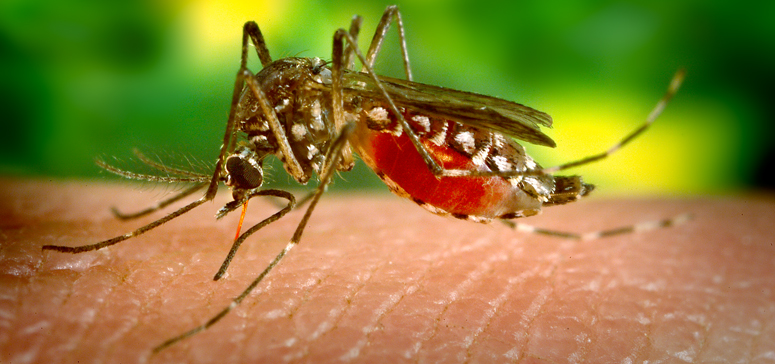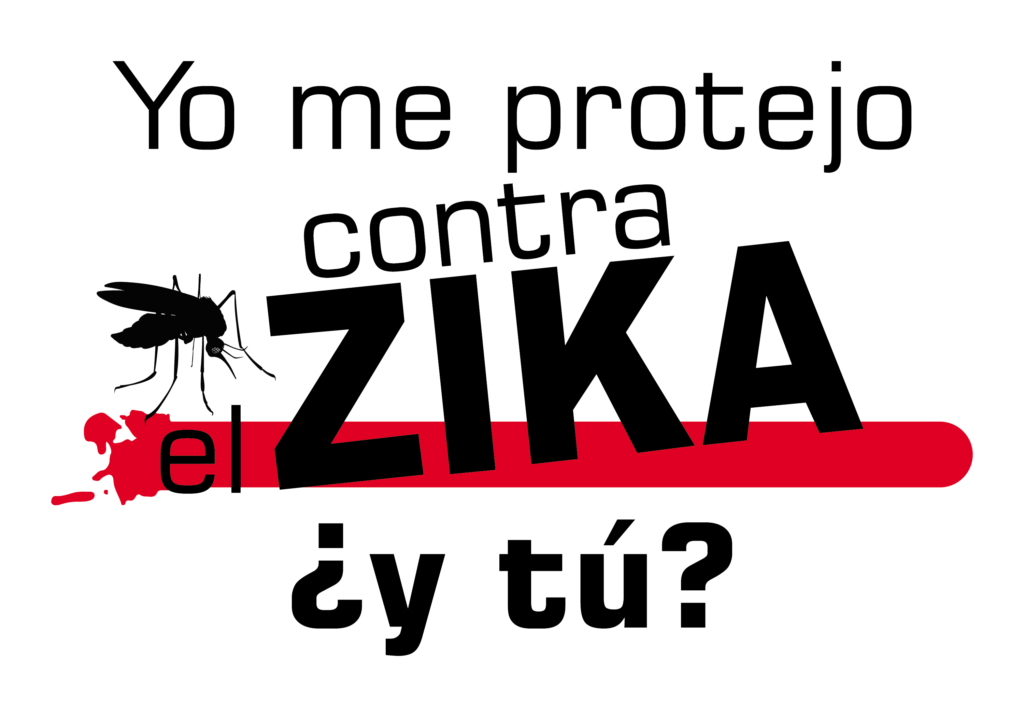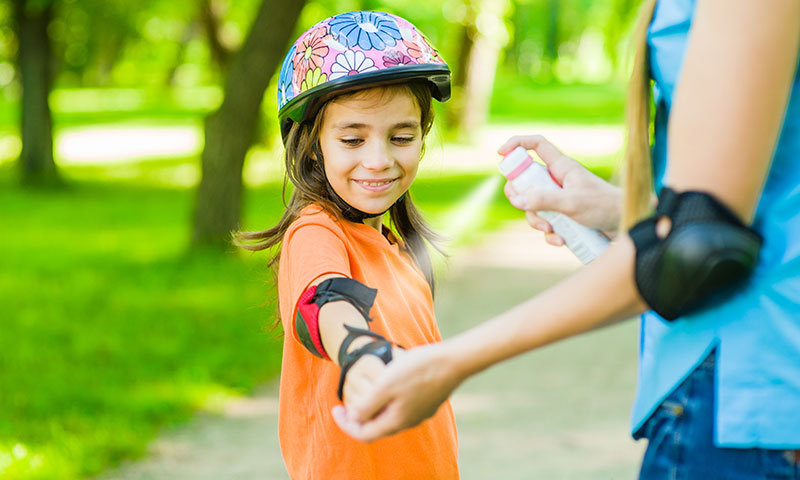The ZIKA Program is born during the year 2016 before the global ZIKA virus alert. It is aimed at the education, prevention and awareness of the population about what the virus is, its risks, forms of infection and prevention measures.
We Protect and Educate
We continuously educate through educational talks in group or individual interventions, in schools, agencies, health fairs, during visits to your community to identify possible mosquito breeding sites, among others.
Delivery of Services
Through our comprehensive care model, patients and relatives exposed or positive to ZIKA are identified for the necessary follow-up and treatment and we offer coordination of specialized services, as well as transportation to their follow-up medical appointments.
What is the Zika?

Zika is a virus that is transmitted mainly by the bite of an infected mosquito of the Aedes species. Aedes mosquitoes also transmit Dengue and Chikungunya viruses.
Other Forms of Contagion:
- From a pregnant woman to her fetus during pregnancy or at the time of delivery
- Through sexual contact. The man can transmit the virus to his sexual partners through semen.
- Through a blood transfusion.
Signs and Symptoms of the Disease
In general, symptoms begin 3 to 7 days after the bite by the infected mosquito.
The disease is usually mild with symptoms that last from days to a week. Deaths from this disease are very rare. The fetus of a pregnant woman infected with Zika virus can develop congenital defects such as microcephaly.
Common Symptoms Include
|
|
- Fever
- Rash
- Joint pain
- Red eyes
- Muscle pains
- Headache
- Pain behind the eyes
- Vomiting

If I'm sick, could it be the Zika virus?
Not necessarily your disease is related to the virus. It is recommended that you consult your primary physician to confirm whether it is Zika virus or other similar diseases such as Dengue or Chikungunya.
If you have the Zika virus, during the first week of infection, the virus can be found in your blood. If a mosquito bites you, it can infect and pass the virus to other people through the bites. To help prevent other people from getting sick, avoid being bitten by mosquitoes during the first week of the disease.
Prevention measures
There is currently no vaccine or medications to treat the virus infection. However, the symptoms can be treated.
- Mosquitoes that transmit the Zika virus bite aggressively during the day. Avoid contagion by preventing mosquito bites.
- Use insect repellent on exposed skin. Repellents containing DEET, picaridine, IR3535 and some products with lemon eucalyptus oil or para-methane-diol offer prolonged protection. Pregnant women can also use repellents approved by the EPA (U.S. Environmental Protection Agency).
- Use the air conditioner, mesh or wire netting on doors and windows.
- Wear long-sleeved shirt, long pants or clothes treated with permethrin.
- Once a week empty, scrub, turn, cover or throw away containers that accumulate water, such as: tires, buckets, pots (potsherds), toys or garbage containers.

